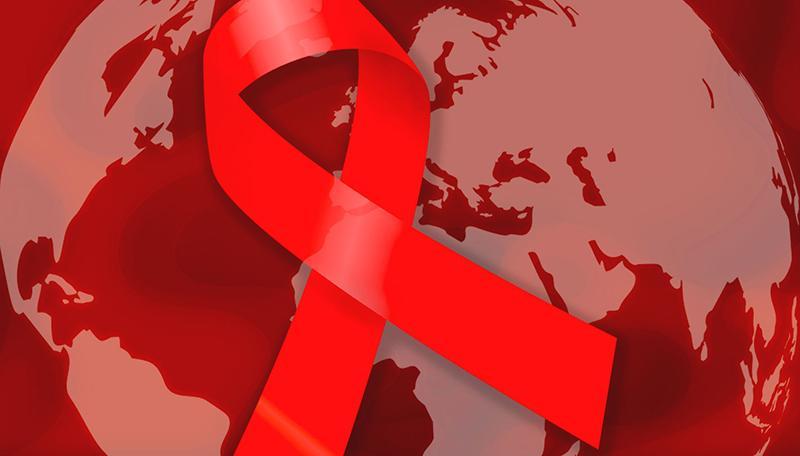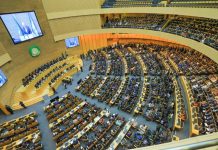Africa-Press – Botswana. As part of the US President’s Emergency Plan for AIDS Relief (PEPFAR), Centre of Disease Control Botswana (CDC) continues to provide technical and financial assistance to government and its partners to effectively upscale paediatric and adolescent HIV care and treatment services across health centres and hospitals in the country.
Speaking during the launch of Botswana Operation Triple Zero (OTZ), a customised adolescent-focused service delivery model in Gaborone on Thursday, Deputy Chief of Mission, Ms Amanda Jacobsen said in 2023-2024, about P6.4 million (US$467 000) was provided to UNICEF to support the OTZ initiative.
Ms Jacobsen said the OTZ approach would lead to an increase in the number of adolescents who would be comfortable to disclose their HIV status and to enroll in and continue ART care as well as to take full ownership of their health care.
She said the introduction of the triple zero approach would assist to reach adolescents and young people living with HIV with a package of care that included youth-friendly HIV services and connectedness.
This included positive living messages, caregiver education on supportive parenting and strategies to improve health by targeting zero missed appointments, zero missed medications and zero viral load for adolescents and young persons. She further said it would provide a platform for young people living with HIV to interact with peers facing similar challenges, “which has helped to relieve anxiety and uncertainty among enrollees.”
Ms Jacobsen said adolescents of ages 10-9 and young persons of ages 15-24 living with HIV were among the most vulnerable yet under-served populations in the HIV response compared to adult populations, adding that they lagged behind across the entire HIV treatment cascade.
She noted that adolescents and young people living with HIV were faced with challenges related to growing up with HIV infection, including stigma and discrimination, clinical complications, side effects of treatment, problems with long-term adherence to treatment, stress, anxiety and other mental health issues while facing developmental tasks of life.
“Disclosure of HIV diagnosis to others, including sexual partners, sexual and reproductive health decisions, academic performance with potentially long-term effects on employability, income and well-being are challenges young people face,” she said.
She added that challenges included transitioning from health services provided in pediatric HIV care settings to adult HIV care systems, the lack of adolescent-friendly health services and assuming increased responsibility for their own care.
For her part, UNICEF representative Dr Joan Matji said the triple zero came at a critical time where adolescents were falling behind regarding the 95-95-95 targets. She said Operation Triple Zero aims to address the treatment gap among adolescents by ensuring that no adolescents missed their doses and appointments and that all were virally suppressed.
“Through OTZ, the hope remains to see young people committing to zero missed doses, zero missed appointments and zero viral load which will in turn reduce the treatment gap that currently exists,” she said.
Dr Matji said UNICEF was grateful to have young people that were ready to champion their needs to ensure their voices were amplified and heard at all levels.
She highlighted that young people were the cornerstone of the country’s present and future, saying in the final stretch against HIV it was important to approach interventions with a renewed energy to reach the final mile.
“As the last mile of achieving epidemic control and ending AIDS by 2030 draws close, it is imperative to ensure that relevant stakeholders are targeted in the interventions that will be deployed.”
Dr Matji said the Ministry of Health in partnership with the National AIDS and Health Promotion Agency (NAHPA), UNICEF, CDC, Botswana-Baylor and Sentebale, would work to tackle the HIV treatment gap among adolescents and address some underlying contributors to poor treatment outcomes.
DAILYNEWS
For More News And Analysis About Botswana Follow Africa-Press






